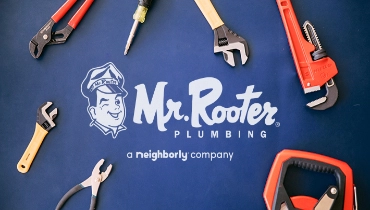A pleasant bathroom environment involves fresh, clean towels, shiny faucets, air fresheners to create an inviting bathroom smell, and soap— a variety of soaps in lavender, rose, cucumber, vanilla, and more.
Learn moreOur Memphis Plumbing Blog
Shared Resources for Your Home Needs
All Blogs
Our expert plumbers are here to handle all your drain cleaning needs, including sewer jetting in Memphis, TN.
Learn moreFor Memphis homeowners, the process of replacing old pipes can be quite overwhelming. The expenses, time commitment, and overall disruptive nature of the task can cause a great deal of anxiety.
Learn moreIt's difficult to ignore water stains, especially a water stain on the ceiling. It's a common issue that homeowners have to deal with. But it's not one that you can ignore, as it typically indicates a larger problem—like a leaky roof or plumbing leaks behind your drywall.
Learn moreEveryone knows this familiar bathroom mishap — you're going about your business, and a clog puts a halt in the smooth running of your daily routines, causing a messy overflow.
Learn morePerhaps you've just moved into a new home, and the water tastes different. You also find that the soap as you wash your dishes, isn't lathering as
Learn moreBlog Categories
Let Us Call You
Blog Categories
About Mr. Rooter Plumbing

Since the original Mr. Rooter was founded in 1970, the company has remained committed to a set of core values that are rooted in performing quality work at honest prices. Nearly half a century later, the original Mr. Rooter business is still servicing homes and businesses in and around Oklahoma City. It’s still independently owned and operated with strong ties to the community that made it all possible.
